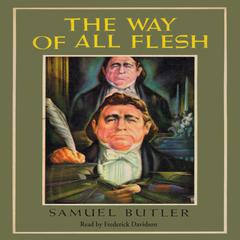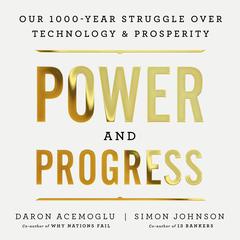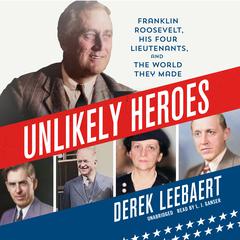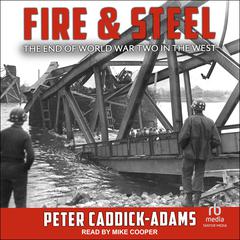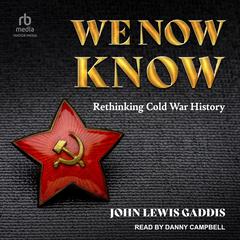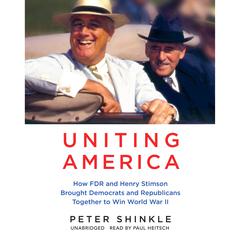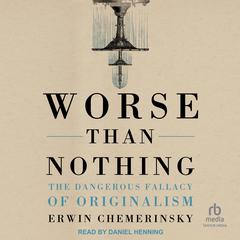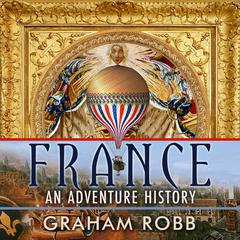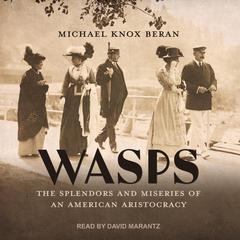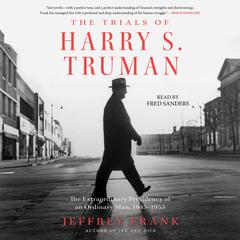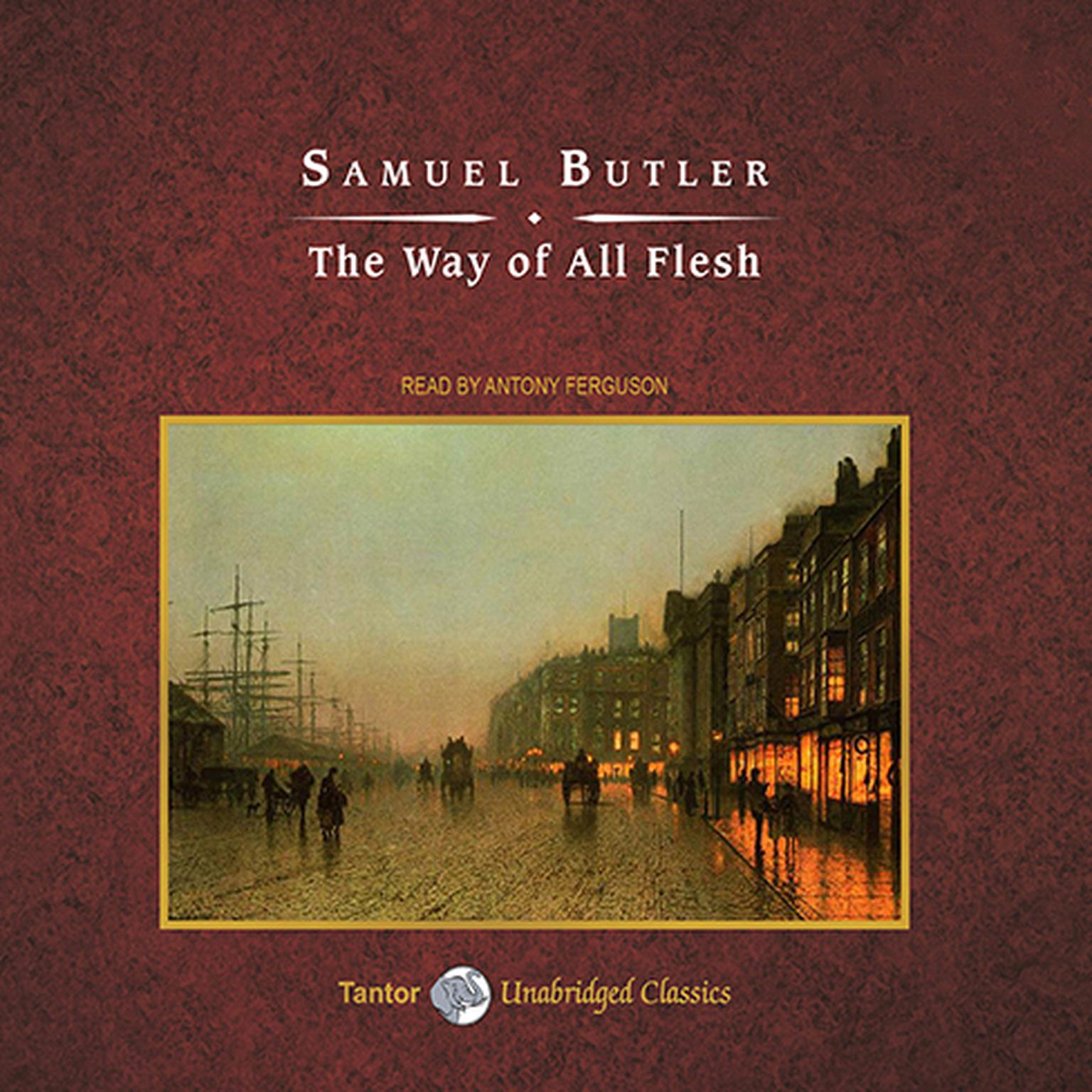 Play Audiobook Sample
Play Audiobook Sample
The Way of All Flesh Audiobook
 Play Audiobook Sample
Play Audiobook Sample
Quick Stats About this Audiobook
Total Audiobook Chapters:
Longest Chapter Length:
Shortest Chapter Length:
Average Chapter Length:
Audiobooks by this Author:
Publisher Description
"I am the enfant terrible of literature and science. If I cannot, and I know I cannot, get the literary and scientific big-wigs to give me a shilling, I can, and I know I can, heave bricks into the middle of them."
With The Way of All Flesh, Samuel Butler threw a subversive brick at the smug face of Victorian domesticity. Published in 1903, a year after Butler's death, the novel is a thinly disguised account of his own childhood and youth "in the bosom of a Christian family." With irony, wit, and sometimes rancor, he savaged contemporary values and beliefs, turning inside-out the conventional novel of a family's life through several generations.
The Way of All Flesh tells the story of Ernest Pontifex and his struggles with Victorian mores, his restrictive, highly religious family, and Victorian society itself. Butler is remembered as one of the greatest of the anti-Victorians, whose ideas reflected accurately the new, more liberal society that was to come following the death of England's great Queen, and the beginning of a new era.
Download and start listening now!
"There were so many points when I was reading this book that I had to remind myself of how long ago it was written. Definitely ahead of it's time, and a great story. "
— Laura (4 out of 5 stars)
The Way of All Flesh Listener Reviews
-
" I got this book at a library sale. I read it a long time ago, so the most I remember about it is that it was funny. It is only funny though if you find old, dry, English humor, funny. I should read this one again. I just need to make sure I have plenty of benadryl handy, for it is a musty book. "
— Kristyn, 5/23/2011 -
" Another English classic that I still enjoy re-reading. "
— Roseanne, 3/17/2011 -
" A very psychological book for its time. A classic son versus father tale. "
— Linda, 2/22/2011 -
" probably my favorite from the list so far. i love the narrator. "
— Bonnie, 2/10/2011 -
" Having been raised in a very strict Southern Baptist household I naturally hate religion and thus have a warm kinship with this book. "
— David, 11/4/2010 -
" My second pass of this much-acclaimed early 20th century novel, and now I remember why I didn't remember -- verbose, pompous writing, author-intrusive and a window into Butler's navel. "
— Lorina, 10/2/2010 -
" Lovely. A bit slow at times, but atill a very enjoyable view of a man's learning process through various circumstances. "
— Ian, 8/3/2010 -
" A very sad and tragic tale of religious domination and the parenting skills that screwed up these children and so many other people.....mgc "
— Michael, 5/13/2010 -
" Reading this for a small, informal study group has added to the pleasure. Clearly, the Victorian era was more complex than the surface patterns would lead the casual observer to believe... "
— Brian, 3/9/2010
About Samuel Butler
Samuel Butler (1835–1902) was born at Langar rectory, near Bingham, Nottinghamshire, and was educated at Shrewsbury and St. John’s College, Cambridge. Forever quarreling with his clergyman father, he gave up the idea of taking orders and became instead a sheep farmer in New Zealand. He returned to Britain in 1864 and thereafter lived in London until his death. For a time he studied painting, and his painting of Mr. Heatherley’s Holiday is in the Tate Gallery. He loved music, especially Handel’s, and composed two oratorios, gavottes, minuets, fugues, and a cantata. In his later years he turned to Shakespearean scholarship and published translations of Iliad and Odyssey. He is best known, however, for his autobiographical novel The Way of All Flesh, published posthumously in 1903.
About Antony Ferguson
Antony Ferguson, Earphones Award–winning narrator, was born in London. He has performed successfully on both sides of the Atlantic and has played many leading roles in theater, film, and television.




